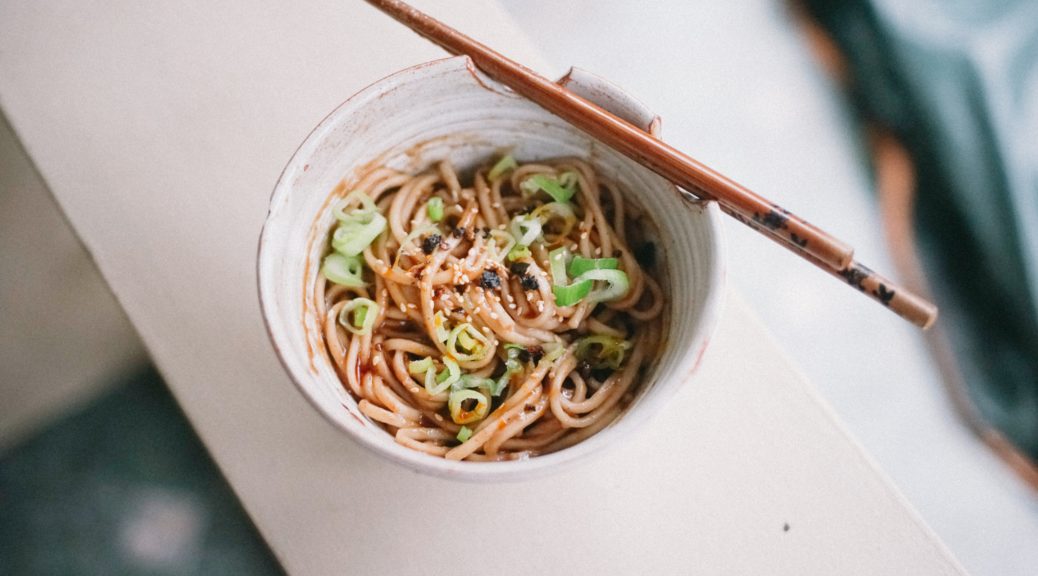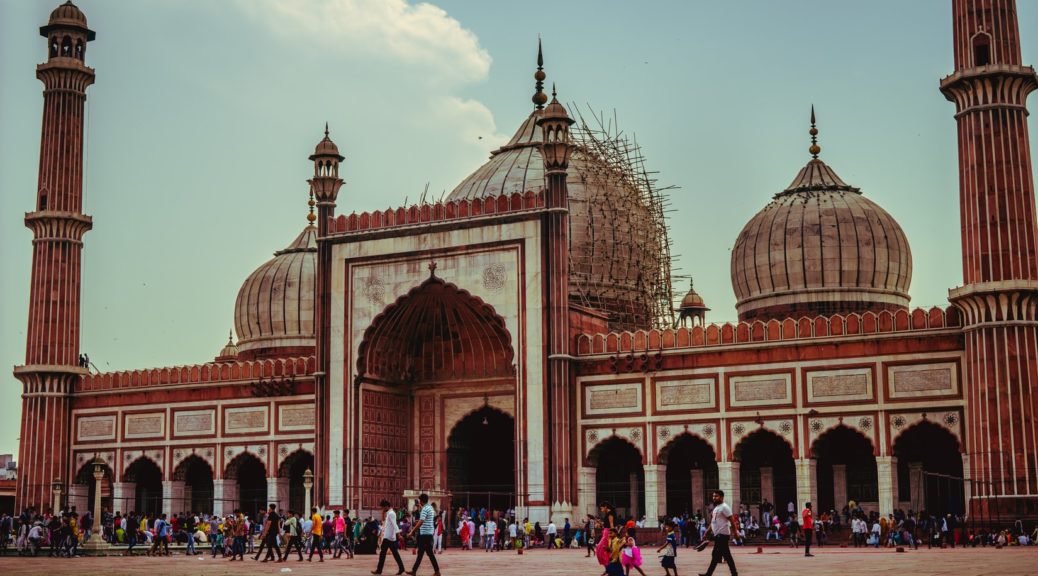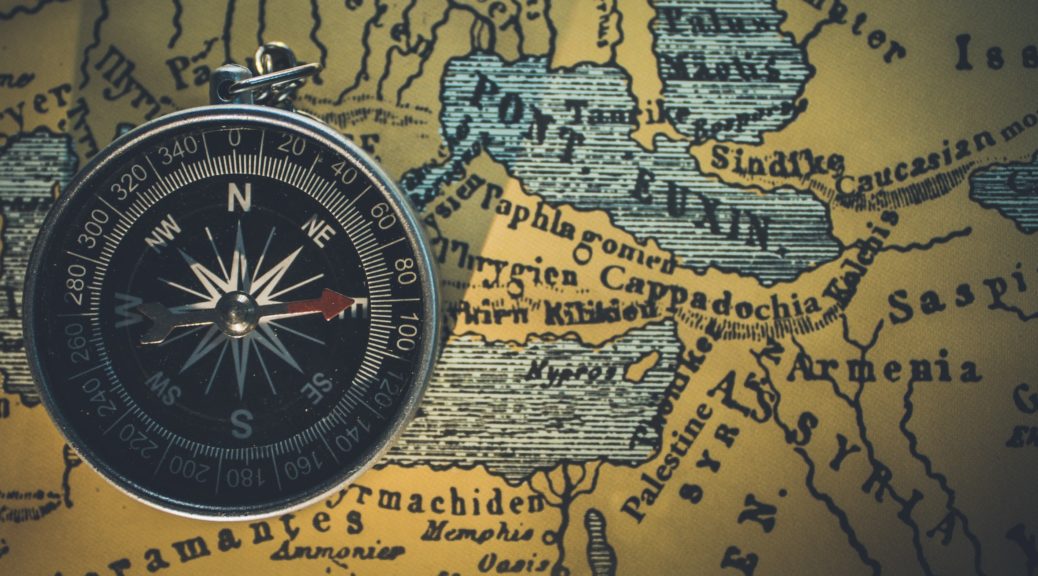By Jacqueline Tran
Edited by Natalie Grace Sipula
[3.5 minute read]
My Grandpa, or “goong goong” – the Cantonese phrase for Grandfather – was a chef and grew up in Hong Kong. He obtained citizenship and immigrated with his family to the United States because of his cooking abilities, which makes me a second generation American. As a result, my family traditions have always been a unique blend of classic Asian dishes and holidays mixed with American traditions. One of these traditions is a soy sauce spaghetti dish my grandfather made all the time when I was younger. The ingredients include green onions, tomatoes, mushrooms, spaghetti noodles, chicken base, ketchup, salt, oil, sugar, soy sauce, and dark soy sauce. My sisters and I loved it, and it satisfied my other second generation cousins’ tastes too. Thinking about this dish makes me aware that my taste is made up of not only my ethnicity, personality, and family, but also the generation that I was born in.

Being a second generation American has allowed me to live as an American while hearing first hand accounts of growing up in another culture from both of my parents. I’ve heard stories about what it was like in Vietnam to eat raw mangoes with fish sauce- before they got ripe, so the animals wouldn’t get to them first- and what it was like to grow up there during the Vietnam war. I’ve heard what it was like for my Chinese grandparents to immigrate from China, with uncertainty and the drive to create more opportunities for their children.
There is a poet and artist named Morgan Harper Nichols, who writes: “Lessons from Monarch Butterfly Migration…Because the lifespan of the monarch butterfly is only a few weeks, it actually takes multiple generations to finally make it back to the north…The monarch butterfly is a reminder of what it means to pave the way. To carry on on a journey that you might not actually live to see the end of.” After reading this, I wondered what events would happen in the future because of the way I live my life now-at school, at work, or with friends. I recognized that I am like the monarch butterfly who makes it to the north (or in this case America) to live the American dream. I attend a university in the United States and get to study for opportunities that weren’t available to the generations before me. I’m a student at USC because of what my grandparents and parents have worked for. I am living the life I am because of ancestors I’ll never know.
Continue reading Soy Sauce spaghetti and Butterfly Migration: Growing Up as a Second Generation American



